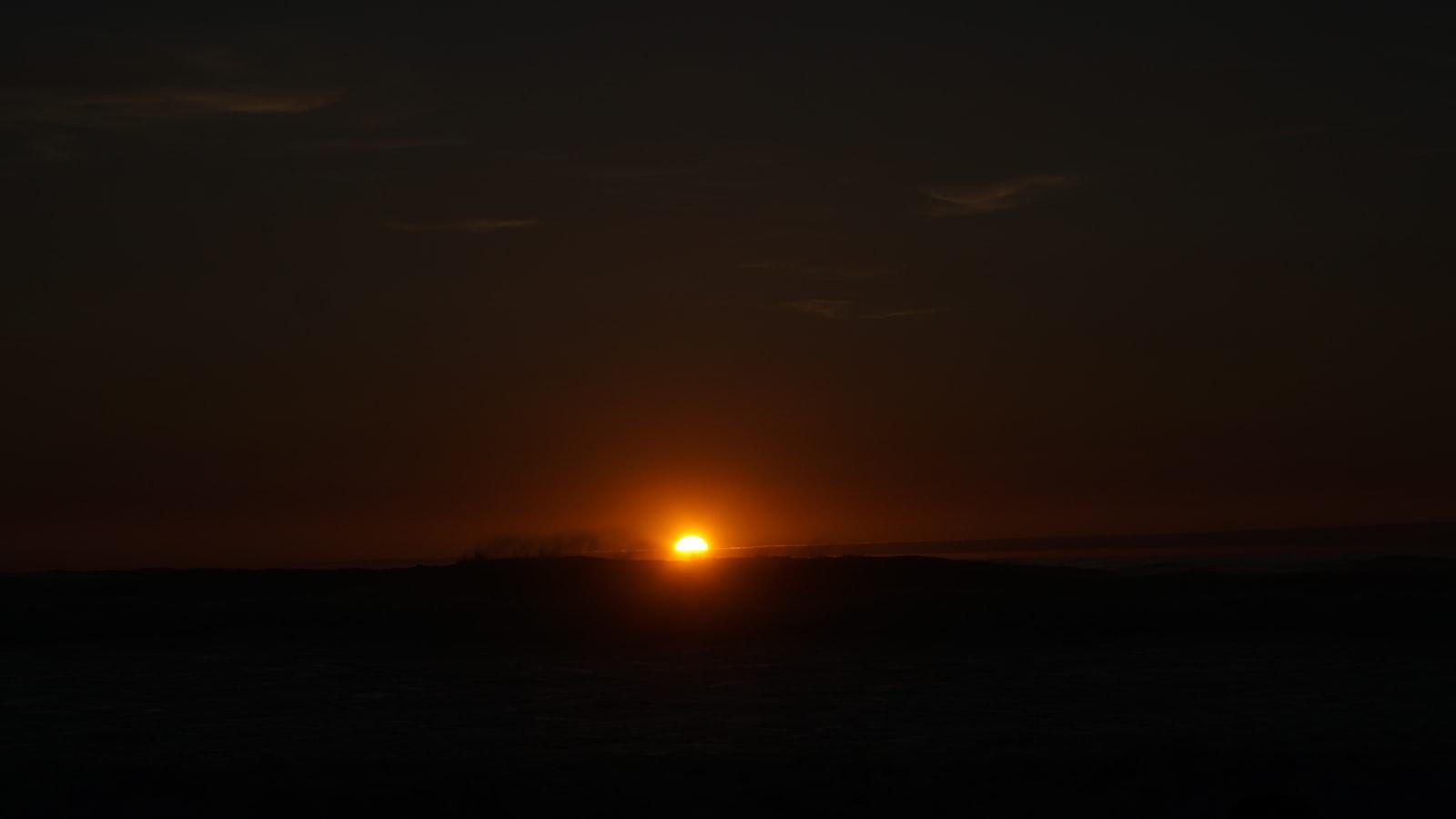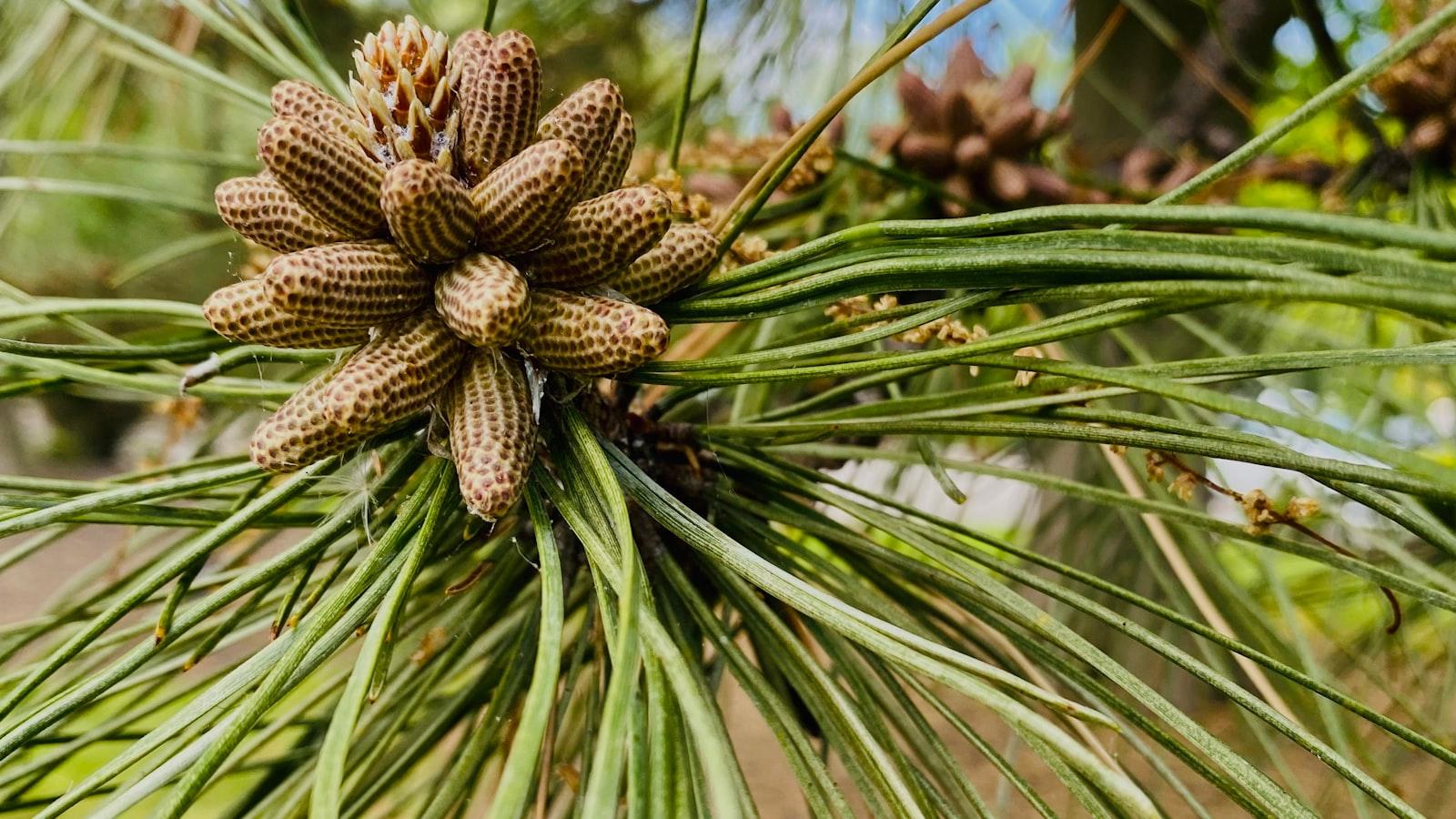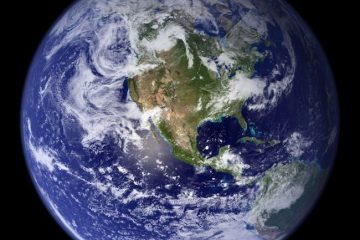In a world where nature’s delicate balance dances intricately with human existence, the Gaia Hypothesis emerges as a captivating concept that intertwines science and philosophy. Imagine watching a mesmerizing video that unravels the mysteries of our interconnectedness with the Earth, revealing how every organism, every element, plays a unique role in the grand symphony of life. Join us on a visual journey as we delve into the depths of the Gaia Hypothesis through the lens of a thought-provoking video experience like no other.
Table of Contents
- Understanding the Gaia Hypothesis: A Comprehensive Overview
- Unveiling the Impact of the Gaia Hypothesis on Environmental Studies
- Exploring Gaia Hypothesis Videos: Engaging and Educational Content
- Recommendations for Incorporating Gaia Hypothesis Videos in Your Learning Routine
- Q&A
- To Wrap It Up

Understanding the Gaia Hypothesis: A Comprehensive Overview
Explore the fascinating concept of the Gaia Hypothesis through an engaging video that delves into the interconnectedness of Earth’s ecosystems. Witness how this innovative theory proposes that the Earth functions as a self-regulating system, maintaining optimal conditions for life to thrive.
<p>Join us on a visual journey as we uncover the intricate relationships between the biosphere, hydrosphere, atmosphere, and geosphere. Discover how the Gaia Hypothesis challenges traditional views of Earth as a passive planet and highlights the dynamic interactions that shape our environment. Gain a deeper understanding of our planet's complex web of life and how each component plays a vital role in sustaining life on Earth.</p>Unveiling the Impact of the Gaia Hypothesis on Environmental Studies
The Gaia Hypothesis, proposed by James Lovelock in the 1970s, revolutionized the way we perceive the Earth. This intriguing concept suggests that the Earth functions as a single, self-regulating organism. Just like the human body maintains stability to support life, the Gaia Hypothesis argues that the Earth maintains equilibrium to foster and sustain life as a whole. It emphasizes the interconnectedness of Earth’s systems and the intricate balance required to support life forms.
In the realm of environmental studies, the Gaia Hypothesis has sparked deep contemplation and inspired new perspectives. Researchers delve into how various elements of the Earth interact and influence each other, exploring the profound relationship between living organisms and their environment. This hypothesis serves as a thought-provoking lens through which we can better understand the delicate harmony that sustains life on our planet. Embracing the Gaia Hypothesis challenges us to view the Earth not just as a collection of individual parts, but as a unified and dynamic system where every component plays a crucial role in the grand tapestry of life.
Exploring Gaia Hypothesis Videos: Engaging and Educational Content
Step into the fascinating world of Gaia Hypothesis through captivating videos that combine entertainment and education in perfect harmony. These videos take you on a journey through the interconnectedness of the Earth and its organisms, presenting complex concepts in a visually engaging manner.
<p>Explore themes of symbiosis, ecological balance, and interconnected ecosystems as you immerse yourself in thought-provoking discussions and eye-opening visuals. Delve into the Gaia Hypothesis like never before, unraveling the mysteries of our planet's intricate web of life through insightful commentary and innovative storytelling.</p>
Recommendations for Incorporating Gaia Hypothesis Videos in Your Learning Routine
Certainly! Here is the content for the “” post section:
When integrating Gaia Hypothesis videos into your learning routine, consider starting with a curated selection that covers various aspects of the theory. Explore videos that delve into the history and key proponents of the Gaia Hypothesis, such as James Lovelock and Lynn Margulis. **Diversifying your content** sources can provide a well-rounded understanding of the concept.
Additionally, **create a structured schedule** for watching these videos to ensure consistent learning. Allocate specific time slots during your week to engage with Gaia Hypothesis content, allowing for reflection and discussion. **Encourage group viewings and discussions** to gain different perspectives and deepen your insights further.
Q&A
Q: What is the Gaia Hypothesis?
A: The Gaia Hypothesis, proposed by scientist James Lovelock in the 1970s, suggests that the Earth functions as a self-regulating organism. This theory views Earth as a complex system where living organisms interact with the environment to maintain conditions suitable for life.
Q: How does the Gaia Hypothesis relate to the video content?
A: The Gaia Hypothesis video explores the interconnectedness of life on Earth and how different species and ecosystems work together to create a balanced environment. It delves into the concept of Gaia as a living, breathing entity that responds to changes in its surroundings.
Q: What can viewers learn from watching the Gaia Hypothesis video?
A: By watching the Gaia Hypothesis video, viewers can gain a deeper appreciation for the intricate relationships between living organisms and the Earth’s systems. It highlights the importance of biodiversity, sustainability, and the need to protect our planet for future generations.
Q: Why is the Gaia Hypothesis relevant today?
A: In a world facing environmental challenges such as climate change and habitat loss, the Gaia Hypothesis serves as a reminder of the delicate balance that exists in nature. It prompts us to reevaluate our relationship with the Earth and strive towards a more harmonious coexistence with all forms of life.
To Wrap It Up
As we conclude this exploration of the Gaia hypothesis through the captivating lens of video, we invite you to ponder the profound interconnectedness of our planet and all its inhabitants. The beauty of Gaia theory lies in its ability to inspire us to cherish and protect the delicate balance of Earth’s ecosystems. We hope this visual journey has deepened your appreciation for the intricate web of life that sustains us all. Let us continue to nurture our planet with care and respect, embracing our role as stewards of Gaia’s wondrous tapestry. Remember, in every frame of nature’s reel, we find the harmony of Gaia’s eternal dance. Thank you for joining us on this enlightening voyage.



0 Comments